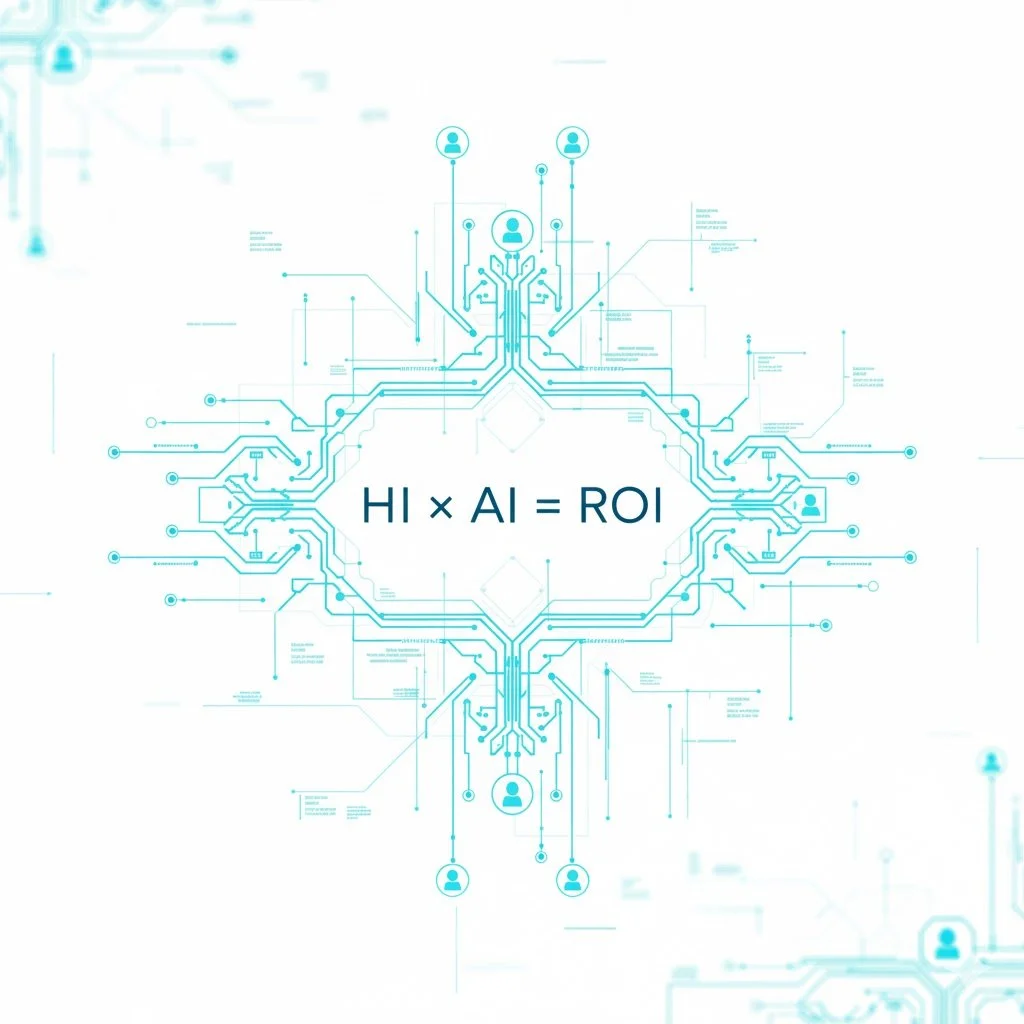
The Human Inflection Point: Governing the "System of Agency"
Moving from Human-in-the-Loop to Human-on-the-Loop. Ryan Vatanchi explores the Josh Bersin 'System of Agency' and why HR must evolve from Administrators to Architects.

AI Isn’t a Job Threat—It’s a Vision 2030 ROI Engine
AI isn’t a threat—it’s the ROI engine for Vision 2030 and UAE Vision 2031. For GCC boards and CEOs, the question is no longer “Should we adopt AI?” but “Where do we invest human capability to unlock value—safely and at scale?”
This strategic brief outlines three imperatives for leaders:
Governance & Trust by Design: Embed NIST and OECD principles, ensure PDPL compliance, and treat vendor AI as third-party risk.
Capability Velocity: Build change leadership muscle and digital upskilling programs to convert AI into operating margin and service quality.
Global Partnerships as a Force Multiplier: Leverage international cooperation agreements as signals of trust and knowledge exchange—not competition.
With AI projected to add US$320B to Middle East economies by 2030, and 23% of jobs set to change within five years, capability—not technology—is the ultimate differentiator. Boards that act now will secure first-mover advantage and regulator-ready trust.

What Canada–UAE AI Collaboration Reveals About the Future of Workforce Strategy
UAE’s centralized mandate-driven approach vs Canada’s decentralized innovation-led approach, highlighting workforce capability and upskilling challenges

From Compliance to Capability: Bridging the Skills Gap for KSA Vision 2030 Talent
Saudi Arabia's Vision 2030 talent mandate demands more than hiring. It requires a data-driven approach to Saudization that measures Capability Velocity and builds AI Governance leaders.